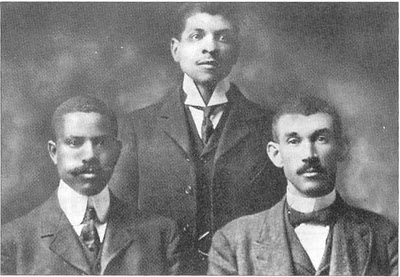Early in Gloriana; or The Revolution of 1900, a rare 1890 novel recently acquired by the RBMSCL, the heroine, twelve-year-old Gloria de Lara, stands on the seashore, plotting:
“I was imagining the foam flakelets to be girls . . . and I looked upon them as my audience. I told them . . . of all the wrongs that girls and women have to suffer, and then I bade them rise as one to right these wrongs. I told them all I could think of to show them how to do so, and then I told them that I would be their leader, and lead them to victory or die. And the wavelets shouted. . . . I seemed to hear them cheer me on, I seemed to see them rising into storm, the wind uprose them, and their white foam rushed towards me, and I seemed to see in this sudden change the elements of a great revolution.”
Years later, posing as a man named Hector l’Estrange, Gloria wins a seat in Britain’s Parliament . . . and you’ll just have to visit the RBMSCL and read the book to find out the rest.
 |
| Lady Florence Dixie. From the Illustrated London News, March 1883. |
The novel’s author, Lady Florence Dixie, was a prominent travel writer and advocate for women’s rights. At her death in 1905, British women were denied the right to vote. 92 years ago today, the Representation of the People Act, which granted voting rights to women over 30, received Royal Assent.
The book joins the Glenn Negley Collection of Utopian Literature as an especially interesting example of feminist utopian writing.






